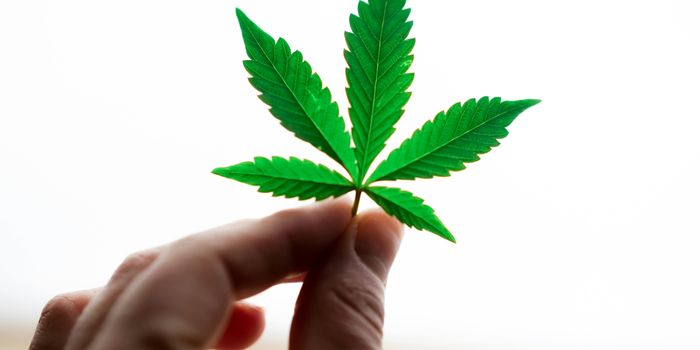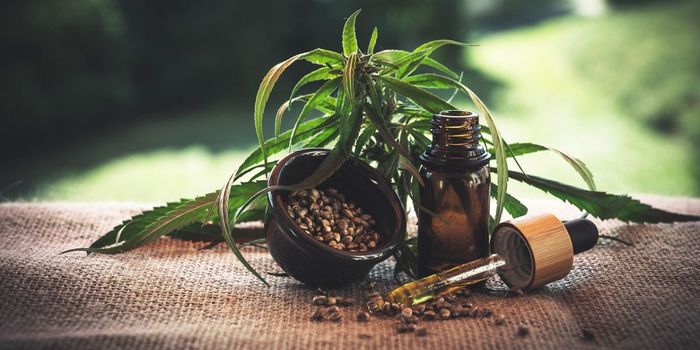Can Smoking Cannabis Cause Lung Cancer?
So far, there is no firm consensus on whether smoking cannabis can cause lung cancer. As cannabis smoke contains many similar chemicals to tobacco smoke, though, and as many smoke cannabis together, smoking cannabis may increase a person's risk of getting lung cancer.
Smoking substances after combustion is generally harmful. Plants and cannabis are no exception as they release carcinogens as they burn that cause cellular DNA damage in the nose, mouth, esophagus, and lungs. Continuous exposure to cannabis in this way may thus increase the risk of cells growing abnormally and forming tumors.
Cannabis and tobacco smoke contain many similar toxins, with cannabis containing more of certain carcinogens than tobacco smoke. For example, it contains around 50% more benzopyrene, which is known to react and bind to DNA resulting in mutations that may lead to cancer. Cannabis smoke contains 75% more benzanthracene and more phenols, vinyl chlorides, nitrosamines, and reactive oxygen species than tobacco smoke.
How much these carcinogens increase a person's risk of developing cancer, however, may vary according to how one smokes cannabis. For example, when people smoke cannabis, they tend to inhale more deeply than when smoking tobacco in order to feel its effects more potently. This can lead to a four-fold increase in tar deposits on the lungs when compared to smoking tobacco. However, these effects, when compared to how people smoke tobacco, may be offset by how often people smoke cannabis- which is generally far less than cigarettes.
Ascertaining how cannabis specifically impacts lung health and one's risk of lung cancer is difficult as those who smoke cannabis often also smoke tobacco. Nevertheless, some studies suggest that cannabis can cause or worsen certain conditions, including both acute and chronic bronchitis, pneumonia, and chronic obstructive pulmonary disease.
To avoid the potential negative effects of smoking cannabis, other methods of consumption may be considered. For example, one could use a vaping device that heats and vaporizes cannabis oils, eliminating the need to ingest smoke. Edibles are another alternative that eliminate exposure to smoke and vaping fumes, however, ingesting cannabis in this way can make it more difficult to dose.
Sources: Medical News Today, DrugAbuse.gov









